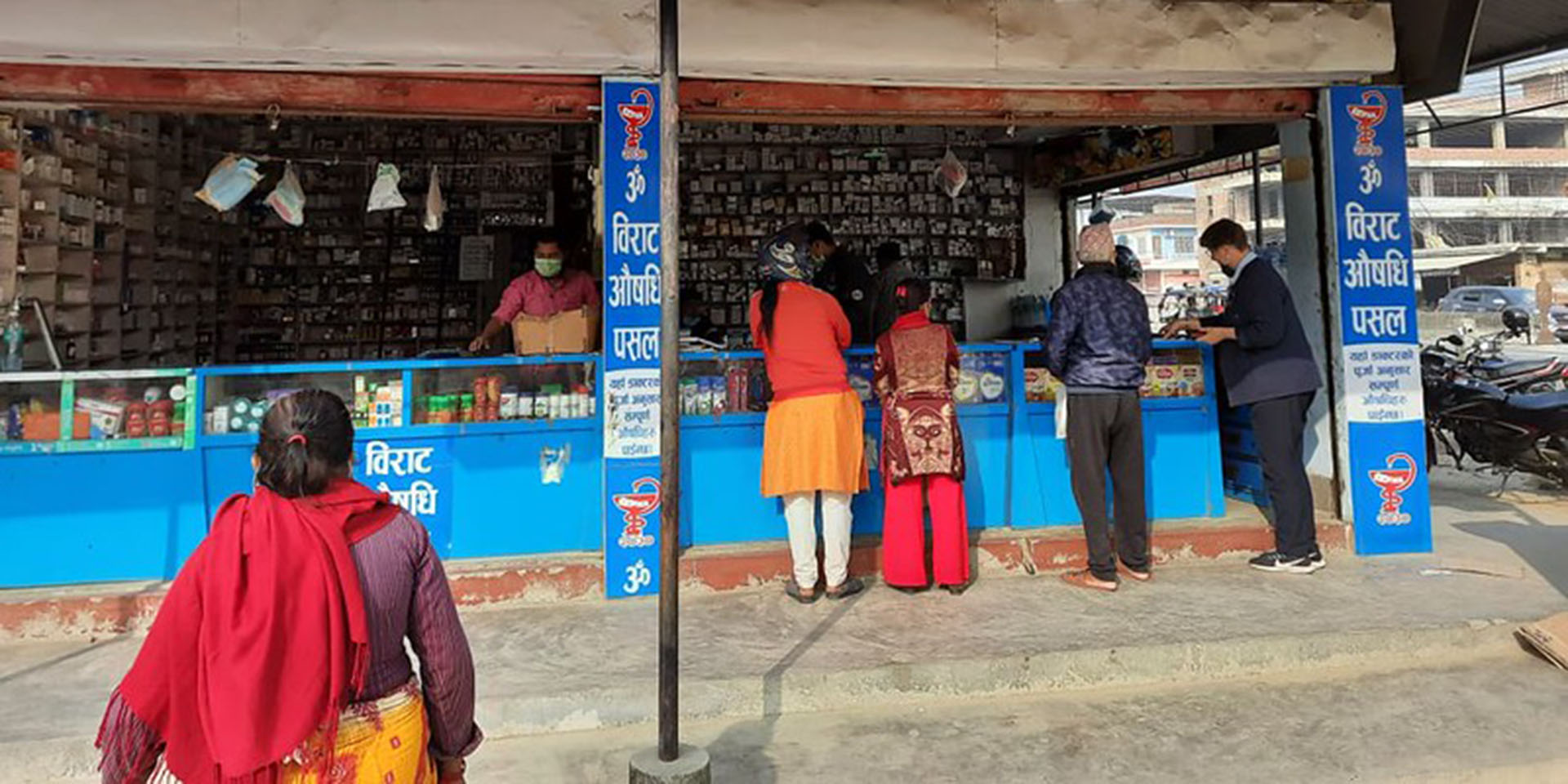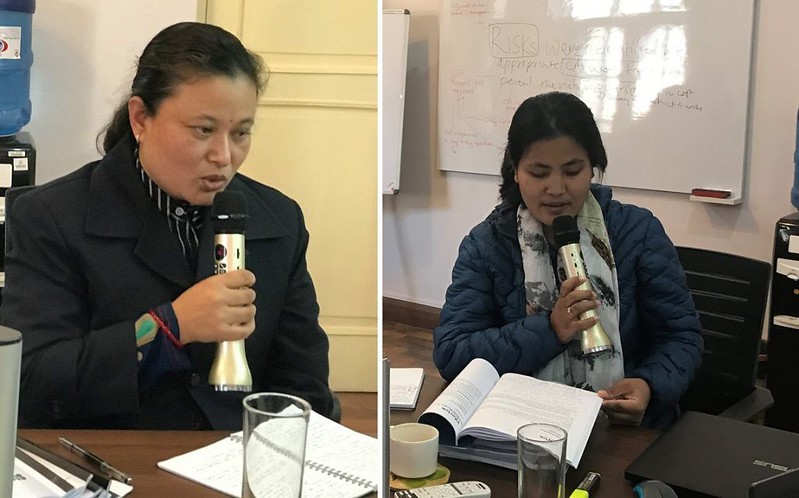Given that the concept of a QMS was new for the DDA, MTaPS supported the development of a program to build regulatory staff’s QMS skills from the ground up, with the ultimate goal of enabling the DDA to achieve International Standard Organization (ISO) 9001:2015 certification. Regulatory staff from the DDA and the National Medicines Laboratory received basic training to establish a conceptual understanding of a QMS, including roles and responsibilities, internal quality auditing, and risk management. For an in-depth QMS assessor training, the program harnessed the expertise of the Quality Forum from the Federation of Indian Chambers of Commerce and Industry.
To date, 28 DDA and National Medicines Laboratory staff—about 24%—have received basic training, and 8 staff members completed the five-day, in-depth QMS assessor training, successfully passing the exam in early February 2021 to be certified as auditors for ISO 9001:2015. This achievement has elevated the DDA’s capacity to establish a robust QMS. The QMS manual is near completion, and standard operating procedures are in development. These achievements have instilled a sense of enthusiasm, pride, and a belief in the DDA’s ability to establish a QMS that can be ISO certified.

